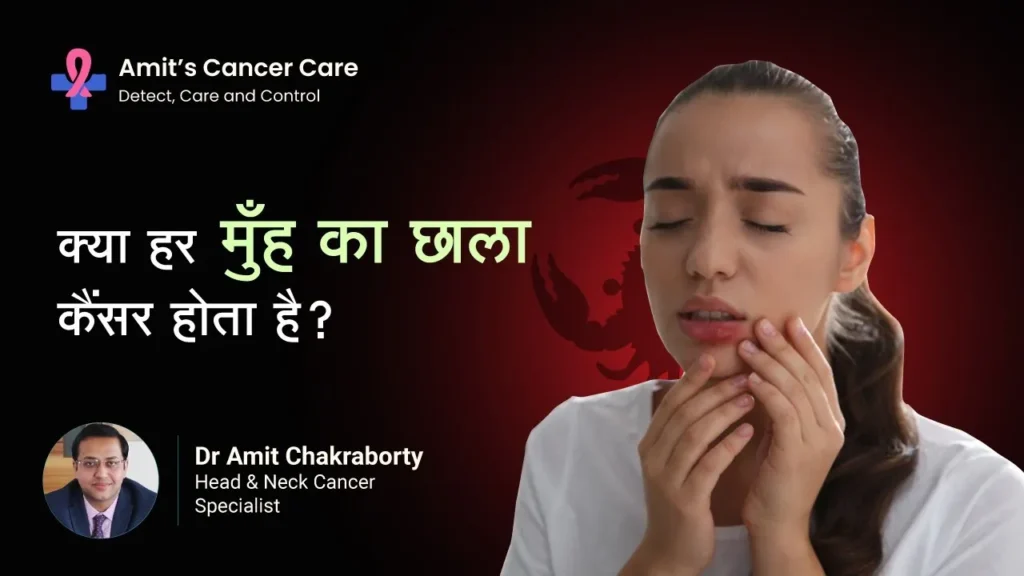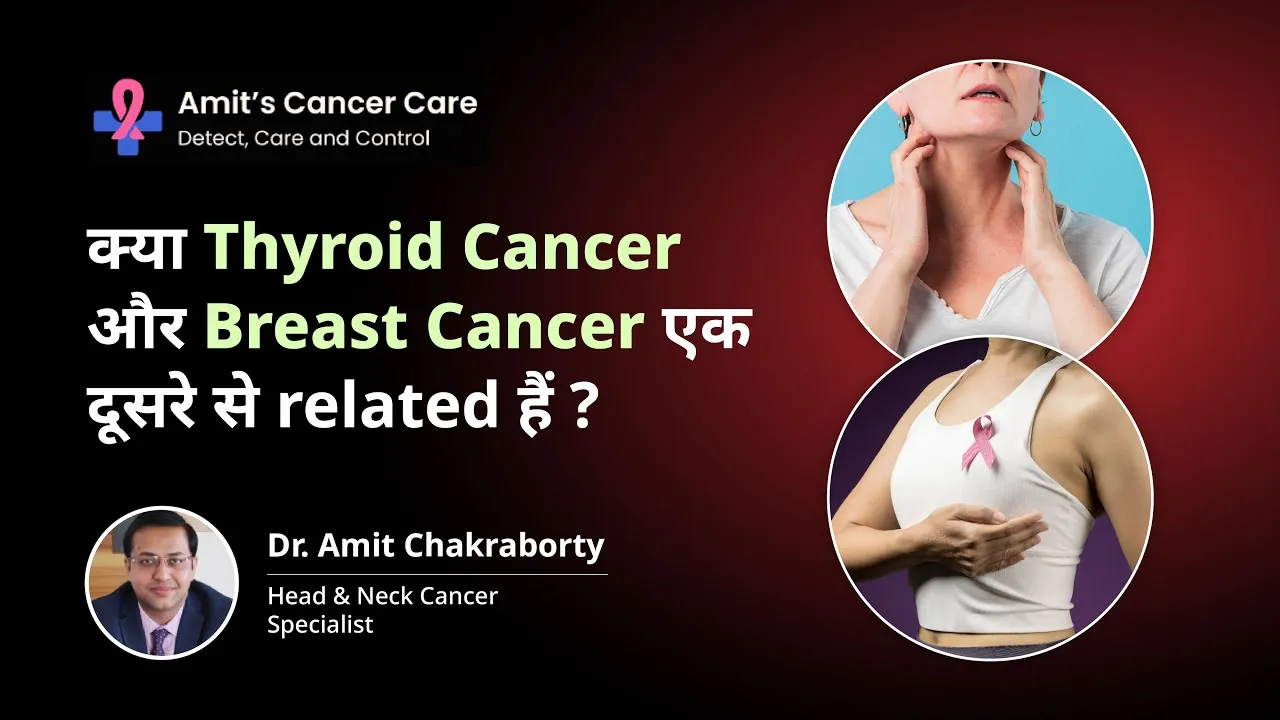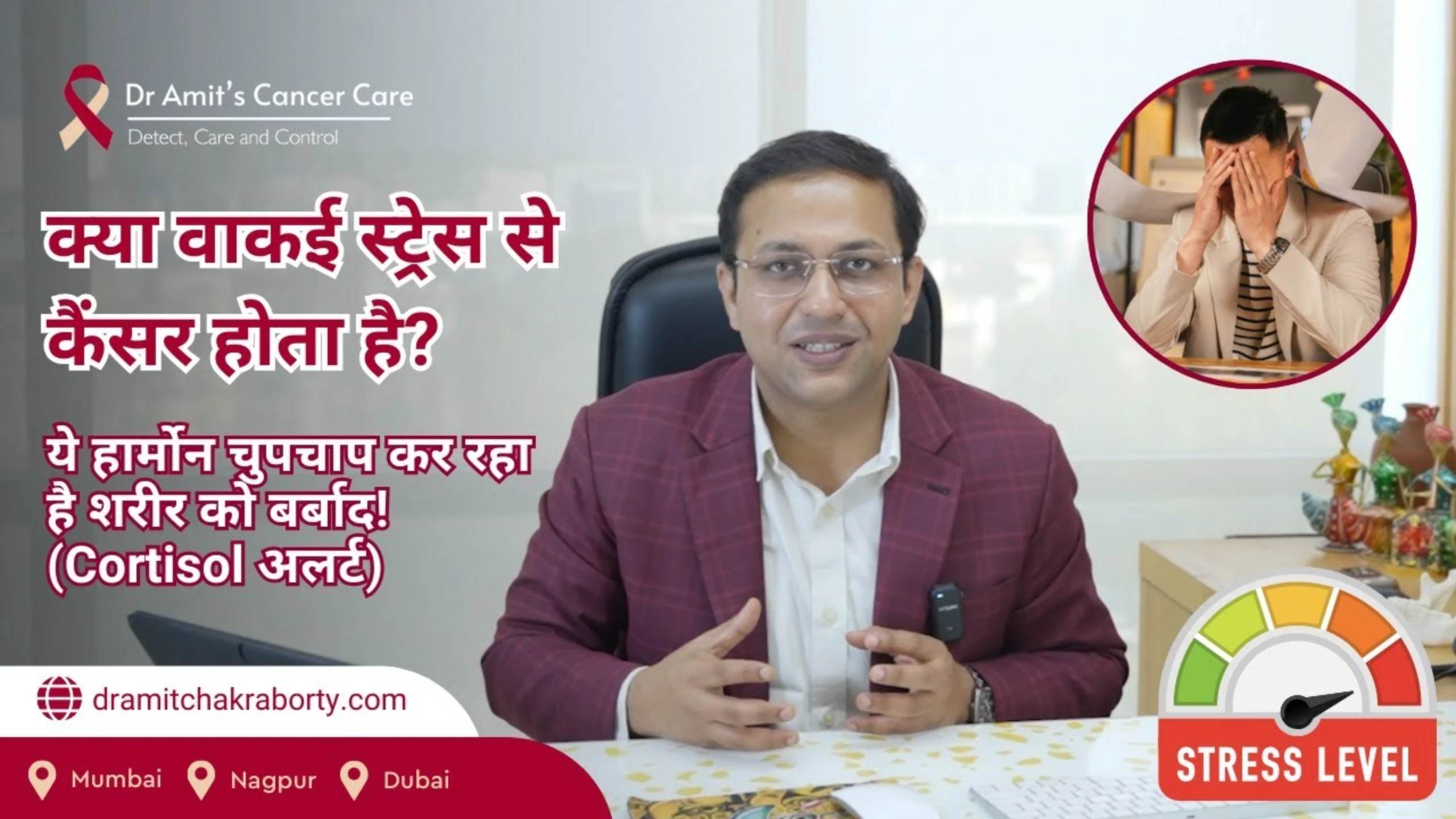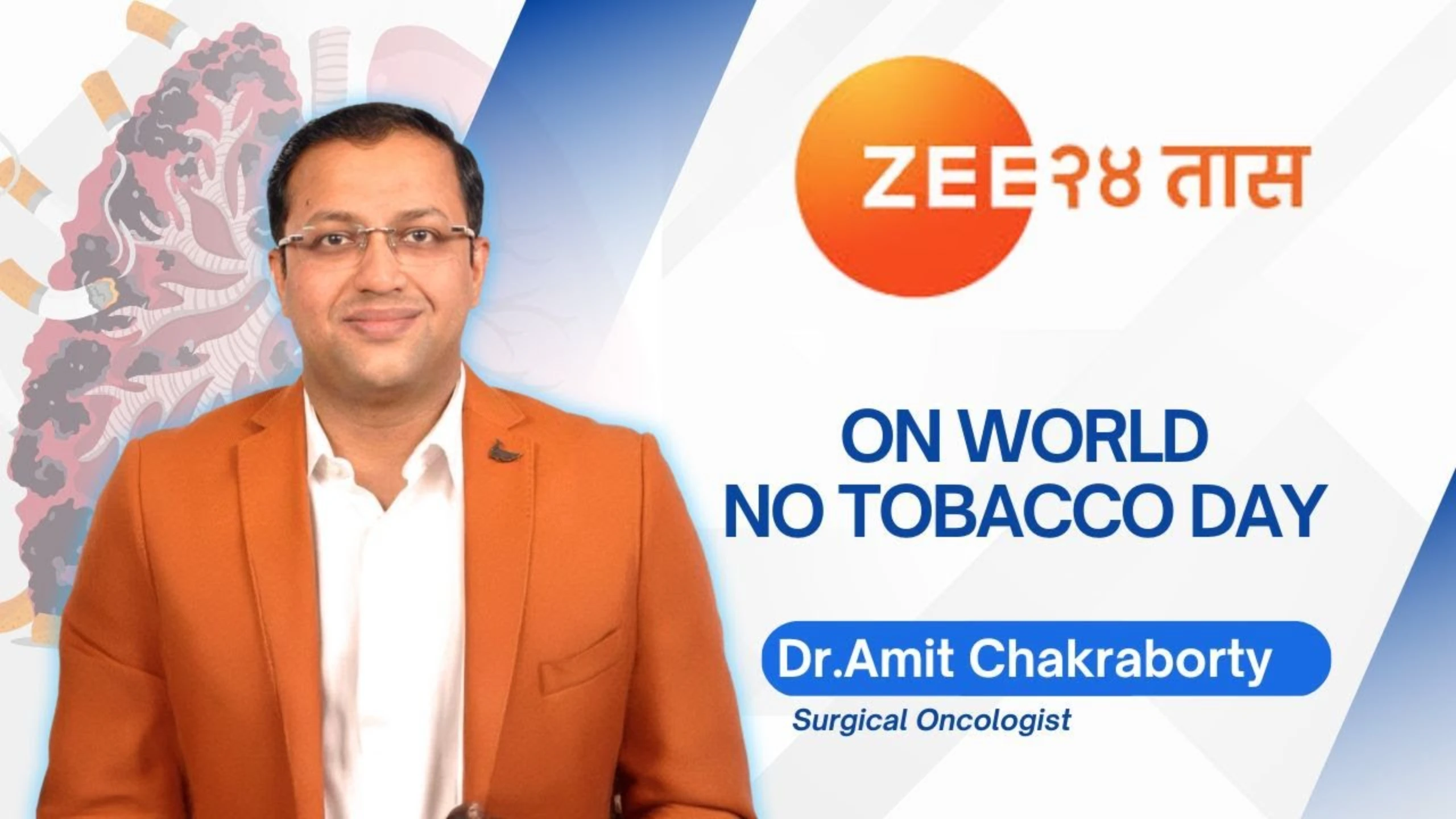The answer to this question is, No. Every ulcer in the mouth is not cancerous.
But, If an ulcer in the mouth does not heal for more than three weeks, is painful as well and bleeds when you touch it, then there are chances it might be a symptom of mouth cancer.
To know more, Yeah, we know Reading is a little hassle, But you can Just watch the video below.
So, we were talking,
If mouth ulcer does not heal for more than 3 weeks,
then the best possible way to ensure that the wound is not an ulcer is to visit an oncologist.
The cancer specialist will perform necessary tests such as Physical examination, MRI, CT scan, whole body PET CT, and if required Biopsy.
Oncologists take a small portion of the ulcer in a biopsy and then it is sent for histopathology and then it is confirmed if the ulcer is cancer or not.
Early Mouth cancer detection can cure cancer completely without any chemotherapy and radiation.
Mouth ulcers are normally small, painful lesions that develop in your mouth or at the base of your gums.
They can make eating, drinking, and talking uncomfortable.
Women, adolescents, and people with a family history of mouth ulcers are at higher risk for developing mouth ulcers.
Mouth ulcers aren’t contagious and usually go away within one to two weeks.
However, if you get a cancer sore that is large or extremely painful, or if it lasts for a long time without healing, you should seek the advice of a mouth cancer doctor in Mumbai.
What triggers mouth ulcers?
There is no definite cause behind mouth ulcers. However, certain factors and triggers have been identified.
These include:
- Minor mouth injury from dental work, hard brushing, sports injury, or accidental bite
- Kinds of toothpaste and mouth rinses that contain sodium lauryl sulfate
- Food sensitivities to acidic foods like strawberries, citrus, and pineapples, and other trigger foods like chocolate and coffee
- Lack of essential vitamins, especially B-12, zinc, folate, and iron
- Allergic response to mouth bacteria
- Dental braces
- Hormonal changes during menstruation
- Emotional stress or lack of sleep
- Bacterial, viral, or fungal infections
Mouth ulcers also can be a sign of conditions that are more serious and require medical treatment, such as:
1. Celiac disease (a condition in which the body is unable to tolerate gluten) inflammatory bowel disease
2. Diabetes mellitus
3. Bechet’s disease (a condition that causes inflammation throughout the body)
4. A malfunctioning immune system causes your body to attack healthy mouth cells instead of viruses and bacteria.
5. HIV/AIDs
Types of Cancer Sores: Minor and Major
- Minor cancer sores are small oval or round ulcers that heal within one to two weeks with no scarring.
- Major cancer sores are larger and deeper than minor ones.
They have irregular edges and can take up to six weeks to heal. Major mouth ulcers can result in long-term scarring.
Home Remedies
- Using a rinse of saltwater and baking soda
- placing milk of magnesia on the mouth ulcer
- covering mouth ulcers with baking soda paste
- Using over-the-counter benzocaine (topical anesthetic) products like Orajel or Anbesol
- Applying ice to canker sores
- Using a mouth rinse that contains a steroid to reduce pain and swelling using topical pastes
- Placing damp tea bags on your mouth ulcer
- Taking nutritional supplements like folic acid, vitamin B-6, vitamin B-12, and zinc
- Trying natural remedies such as chamomile tea, echinacea, myrrh, and licoricey root
You might want to know : Is mouth cancer curable?






